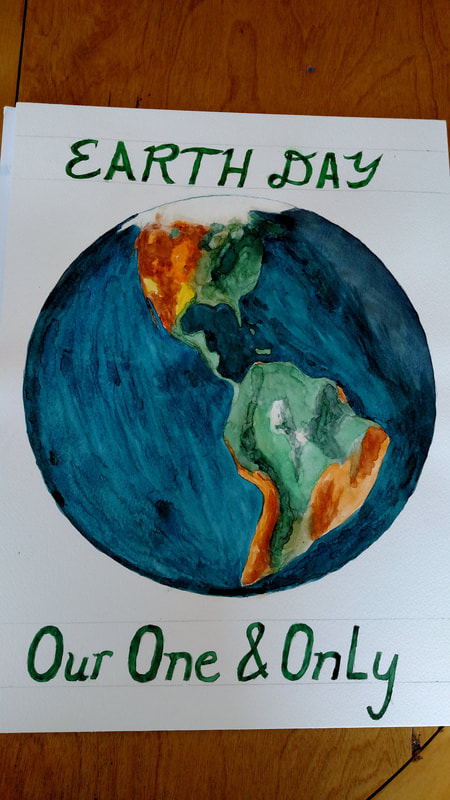|
I’ve seen a post going around on social media in response to COVID-19 that starts with the statement, “We are NOT all in the same boat.” The post goes on to give examples of how very differently this crisis is affecting people, exposing dramatic inequities that have been growing under the surface of our “strong” economy. To extend the metaphor, we may all be in the same storm, but some of us are in sturdy seafaring vessels while others are in dinghies full of holes, about to capsize.
This point is an important one, and one that applies to the climate crisis too. “We’re all in this together” has become a common rallying cry as neighborhoods and communities have formed networks to respond to the coronavirus pandemic. These responses are hopeful and encouraging, and banding together in a time of crisis can certainly bring out the best in us and catalyze meaningful change. But COVID and the climate crisis do not impact everyone equally; in fact, they hit those most vulnerable much harder. The first Earth Day drew attention to environmental injustice, and catalyzed major cultural and policy changes that have done much to improve health. So on this 50th anniversary of Earth Day, let’s channel the positive force of the “we’re all in this together” spirit to recommit to building a future that’s sustainable and works for everyone. Let’s work to ensure our responses to crises like COVID and the climate emergency center the most vulnerable, and address these deep inequities head on. What might that re-commitment look like for you or me? Back in February after our Big Climate Event with 700 people at the Wilma (seems like a lifetime ago!) we shared some ideas about what we any of us can do to address the climate crisis: ACT, ADVOCATE, and ASSIST others. We’ve added a few ideas to these lists, and thought they would be worth re-sharing. And we’d love to hear what you’re committing to this Earth Day! Thanks for all you do, and for inspiring us. ACT Live in line with your values: Reduce your contribution to the climate crisis (carbon footprint) by going solar, improving the energy efficiency of your home or business, and increasing active and sustainable transportation. Consider consumption habits and waste. Can you plant a garden or buy food from local farmers? Can you compost and embrace a plant-heavy diet? Divest/reinvest. Look into divesting from fossil fuels personally and via your employer. Learn about and take actions that build community resiliency for all. Consider how you can be a climate leader in your own context: your workplace, your place of worship, your professional and personal networks. ADVOCATE Be a voice for action: Advocate for a COVID response and a just recovery that prioritizes people, especially the most vulnerable, over corporate interests, and builds the green economy of the future. Organize and speak out in support of climate solutions at the local, state, and federal levels. Support local leaders willing to take action on climate (business, non-profit, education, elected officials, agencies, etc.) and hold elected officials accountable. Support and organize for candidates that have prioritized climate action. Talk about climate. We cannot solve a problem we don't talk about. Share your story and talk about why you care and what you are doing to create change - with friends, neighbors, and colleagues. Connect with existing organizations that work on climate advocacy. Sign up for our email list to stay connected to future opportunities! ASSIST Help others: Join a local mutual aid effort and help your neighbors meet their needs. If you are able, contribute financially to organizations that serve the most vulnerable, such as the Missoula Food Bank, the United Way, and the Poverello Center. Lend your own or your business's expertise. Share climate-friendly strategies that work for your organization or family with others. We're working to develop a Footprint Fund, a new program where you can offset your carbon footprint by contributing to local projects that improve energy efficiency for low-income Missoulians. We're still hoping to get this off the ground in 2020 - stay tuned. Donate to climate organizations like us, and others! (Missoula Gives is coming up April 30-May 1!)
3 Comments
|
AuthorsAbby Huseth Archives
July 2024
Categories
All
|


 RSS Feed
RSS Feed


